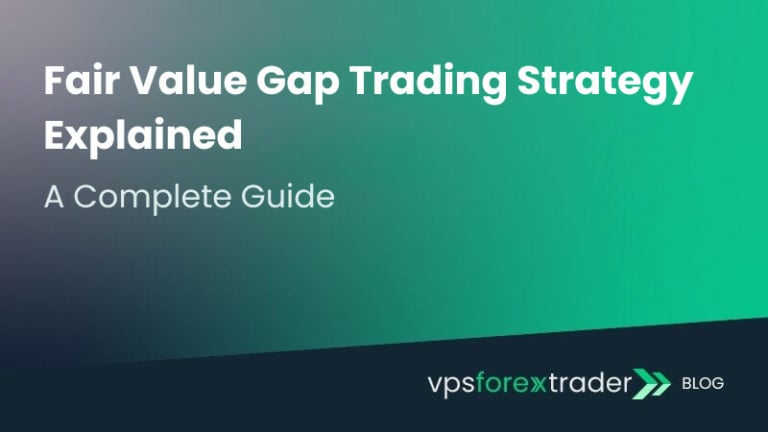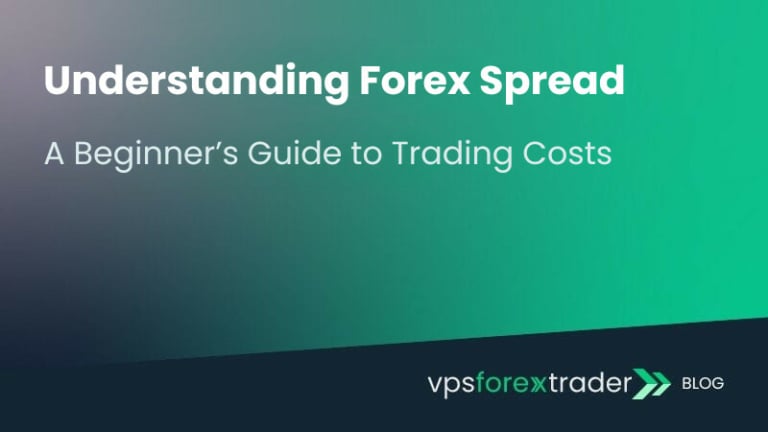Investing your money can seem confusing and daunting at first. However, it’s a great way to make your money work for you instead of letting it depreciate in your bank account due to inflation. Many investment for beginners possibilities exist, from more passive and long-term options like exchange-traded funds (ETFs) to more volatile ones like individual stocks or forex. In this article, you’ll learn tips and strategies on investing for beginners, where to start, and how to manage your risks.
Introduction to investing: why start now?
When it comes to investing your money, especially long-term in less volatile assets, the best time to invest is now. The longer your money stays invested, the bigger your returns are likely to be. Of course, this doesn’t apply to all investments, especially more volatile short-term ones. But it’s never too early or too late to start investing.
Money held in a typical bank account often loses purchasing power because of inflation. For example, the average annual inflation rate in the Eurozone is between 2-3%, but in the middle of 2023, it peaked near 8%. So, let’s say you have 10,000 euros in your bank account. With a 3% inflation rate, by the end of the year, your money would be worth close to 9,700 euros.
Investing with Little Money: Tips and Strategies
As a beginner investor, your biggest goal shouldn’t be earning high returns, but rather testing the waters and learning to manage risks. That’s why beginner investors should start with smaller sums of money.
Here’s how to start investing for beginners
Find a reliable broker
It all starts there. As a beginner, choose a broker that offers a reliable and user-friendly platform. Some investment platforms can be a bit complicated at first, so the easier it is to navigate, the better.
Other things to keep in mind:
- Do research before entrusting your money to a broker.
- Review their terms and conditions, compliance policies, and regulatory status.
- Find customer reviews to make sure people are generally satisfied with the service.
- Look for brokers that have been in the market for quite some time and have been stable throughout.
- As a beginner, you also want a broker that offers timely and helpful customer support to help and guide you.
- Pay attention to fees and commissions. When investing smaller sums, you might be losing more money in fees and commissions, so make sure your chosen broker is beginner-friendly.
- Not all brokers offer all investment options. Some might offer stocks, ETFs, bonds, or forex trading. Find the one that aligns with your goals.
Know where to put your money if you’re investing as a beginner
Just to be clear, any investment carries risks. Even the most passive investments can drop overnight. However, there are options that don’t require you to follow the news every second or spend more than a few hours per month managing your assets.
Here are some possible investments for beginners
Global ETFs
ETFs allow you to invest in a diversified portfolio of international stocks with small amounts of money. Examples of historically stable funds include ETFs tracking the S&P 500, Total Stock Market, and International Market Indices. These ETFs are more reliable because they aren’t tied to one company or field. For example, Vanguard S&P 500 ETF (VOO) includes the top 500 companies in the USA market. If one of the companies can’t meet the criteria for the S&P 500 it’ll be replaced by another company that does.
Peer-to-peer lending platforms
Peer-to-peer (P2P) lending platforms are online services that connect borrowers directly with lenders. Such platforms allow investors to fund various types of loans (personal, business, real estate) typically in small amounts, such as only $50.
While P2P lending can offer attractive returns, it also carries risks such as borrower defaults and platform instability. Based on the platform, you can choose loans and projects most appealing to you and match your trading goals.
Real estate crowdfunding
Real estate crowdfunding is a newer way to invest in property projects. It lets you put money into real estate through online platforms. It can be a way to invest in real estate before you can afford to buy your own property.
You can choose from different types of projects, like apartment buildings, office spaces, or mixed-use developments. You can also invest in properties that are already generating income.
Your earnings can come from several sources: rent payments, an increase in property value, or interest if you’re funding real estate loans.
However, there are risks to be aware of. The real estate market can change quickly, projects might not succeed, and the online platforms themselves could face financial troubles.
Forex trading
Forex trading (FX) means trading foreign currencies, for example, exchanging euros for American dollars (EUR/USD). Your goal is to buy a currency when it’s undervalued and sell it when it’s overvalued or vice versa. While risky, forex markets are accessible globally with small amounts of capital. You can start with as little as $10 with most brokers.
If you’re looking to improve your trading experience and trade forex faster, you might want to consider forex VPS hosting. This way, you get access to a private virtual server to host all your trading platforms and activity.
Common Mistakes First-Time Investors Should Avoid
Not having a clear investment strategy
Your investment strategy should include:
- Your trading goals
- Budget
- Duration of investments
- Investment options
- How much time you can spend on managing your investments
- Taxes and extra fees
Not diversifying your portfolio
Putting all your money into one stock or sector increases risks. You can allocate your investments across multiple companies, different types of investments, or various industries.
Some financial experts recommend using a 60/40 rule, where you invest 60% of your budget in stocks and 40% in fixed-income investments which provide steady returns, such as bonds or certificates of deposit.
Ignoring fees and taxes
Overlooking management fees and transaction costs can eat into your returns, and it’s a common mistake for first-time investors. You need to learn about your broker’s fees and commissions and your local taxation on dividends from investments.
Listening to overconfident financial gurus
When it comes to investing money for beginners, no one knows for sure how the market will change. Experienced traders learn to recognize chart patterns and trading trends, but overall, you can never be 100% sure how the market will change. Be very cautious of anyone who promises quick and high gains.
Letting emotions drive your decisions
Panic selling during market dips or buying out of fear of missing out (FOMO) can lead to huge financial losses. A cool head in trading is one of your best assets. Instead of following the crowd, do your own research, and follow your investment strategy and goals.
FAQ
How can I start investing with little money?
Investing with little money is a great strategy for a beginner investor. This way, you lower your losses and can practice trading. Some trading options with small investments are forex trading, P2P and crowdfunding platforms, as well as crypto. However, even with small sums you have risks of losing your money. Be sure to create a strategy and set clear investment goals. Some brokers offer demo trading features that allow trading with virtual money. It can be a great way to learn to trade and build your strategy without risks.
What’s the best way to start investing to get good returns?
No single investment option can 100% promise good returns. Even the most stable investments carry risks and go through fluctuations. Your best bet to manage your risks is to diversify your portfolio and set strategic and logical goals. Some of the more stable options with relatively positive returns are index funds, real estate investment trusts (REITs), or corporate bonds from high-quality companies.







